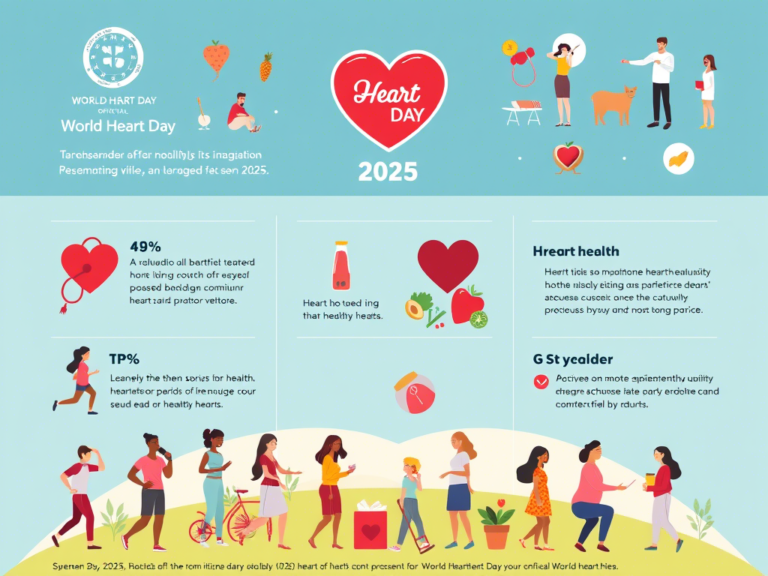
What are Warts?
Warts are benign epithelial growths that arise from an infection with the human papillomavirus (HPV). These lesions are typically harmless but can be unsightly and uncomfortable. The growth occurs when HPV triggers an increase in skin cell production in the outer layer of the epidermis, creating raised formations on the skin.
What Causes Warts?
The primary cause of warts is infection with human papillomavirus (HPV). This virus enters the body through small cuts or abrasions on the skin. Once inside, it stimulates the rapid proliferation of skin cells, resulting in wart formation. Various strains of HPV are responsible for different types of warts.
Are Warts Contagious?
Yes, warts can be contagious. They can spread from person to person through direct contact, such as touching a wart. Additionally, warts can be transmitted indirectly by using shared items like towels or razors. It’s essential to maintain good hygiene to minimize the risk of spreading or contracting warts.
How Many Types of Warts Exist?
There are several types of warts, including common warts, plantar warts, flat warts, and genital warts. Each type has distinct characteristics and appears in different locations. For instance, common warts usually occur on fingers and hands, while plantar warts appear on the soles of the feet.
Can Warts be Prevented?
Preventing warts involves practicing good hygiene and avoiding direct contact with warts. Wearing protective footwear in public showers and pools can help reduce the risk of plantar warts. Additionally, maintaining skin health and avoiding sharing personal items are effective preventive measures.
How Can Warts be Treated?
While warts are generally harmless and may resolve on their own, treatment options are available if they become bothersome. Common treatments include over-the-counter topical solutions, cryotherapy (freezing), and laser therapy. If you have concerns about your warts, consult a healthcare professional for tailored advice.
Do Warts Go Away on Their Own?
Many warts will go away without treatment over time, usually within a few months to years. However, some individuals may experience persistent warts that require treatment if they remain uncomfortable or aesthetically displeasing.
Are There Home Remedies for Warts?
Some home remedies are popular for wart treatment, such as the application of duct tape, apple cider vinegar, or garlic. While these remedies may work for some, their effectiveness varies and is not scientifically validated. Always consult a healthcare professional before trying home treatments.
Is HPV the Same for Everyone?
No, there are over 100 strains of HPV, and different strains are responsible for various types of warts. Some strains can lead to more severe health risks, including certain cancers. Understanding the differences in HPV strains can help in treatment and preventive measures.
Are Warts Harmful?
Warts themselves are generally not harmful, but they can be uncomfortable and lead to secondary infections if scratched. It is crucial to monitor them for any changes and consult a healthcare professional if there are concerns.
Is there a Vaccine for HPV?
Yes, there is a vaccine available that protects against certain high-risk strains of HPV that can lead to genital warts and cancers. Vaccination is an important preventive measure, especially for adolescents and young adults.
Who is At Risk for Developing Warts?
Anyone can develop warts, but certain factors may increase the risk, such as a weakened immune system, younger age, and close contact with someone who has warts. Understanding these risk factors can help in taking preventive action.
Can Warts be Cancerous?
Warts themselves are benign and do not become cancerous. However, certain strains of HPV associated with genital warts can increase the risk for cancer, particularly cervical cancer in women. Regular medical check-ups and examinations are advisable.
Do I Need to See a Doctor for Warts?
If warts cause pain, discomfort, or grow in number, it is a good idea to seek medical advice. Additionally, if there are any changes in the wart’s appearance, prompt attention from a healthcare professional is warranted.
Can Diet Affect Warts?
There is no direct evidence that diet can affect the presence of warts. However, a healthy diet can strengthen the immune system, which may help the body fight off the HPV virus more effectively.
Are Warts and Moles the Same?
No, warts and moles are distinct skin conditions. Moles are typically benign and composed of pigment cells, whereas warts result from HPV infection. Knowing the differences is essential for proper diagnosis and treatment.
What Happens If You Don’t Treat Warts?
If left untreated, warts may resolve spontaneously over time; however, they might also spread or multiply. Treating warts can help alleviate discomfort and prevent their spread to others.
How can I Boost My Immune System Against HPV?
Boosting your immune system can be achieved through a healthy lifestyle, including regular exercise, a nutritious diet, and proper sleep. Additionally, managing stress can play a role in supporting your overall health, possibly making your body more resilient against HPV.
Conclusion
Warts are a common skin condition caused by HPV infection, usually harmless but potentially uncomfortable. Understanding warts—how they form, their types, and treatment options—is crucial for managing and preventing them. If you have further concerns about warts, don’t hesitate to consult a healthcare provider for guidance and care.



